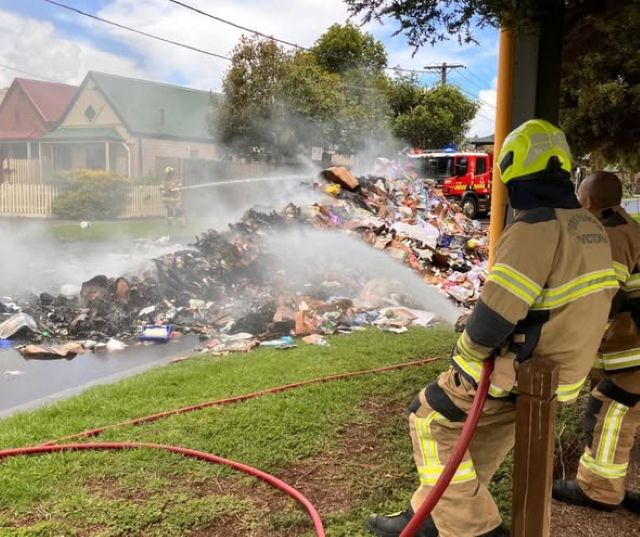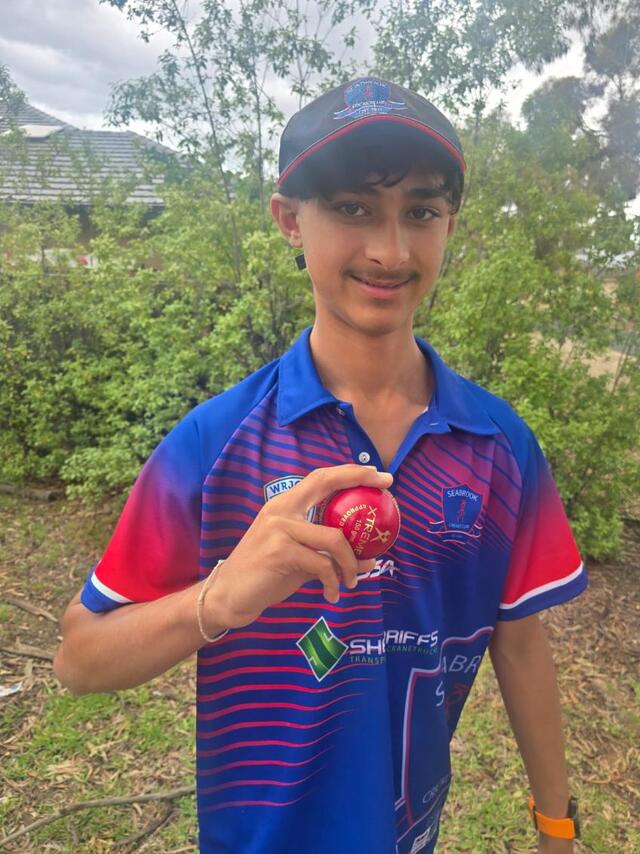The state government is reminding Victorians, including those in Maribyrnong and Hobsons Bay, to be extra cautious when buying gifts this Mother’s Day, with data showing May is a peak month for scams.
Consumer Affairs Minister Gabrielle Williams urged Victorians to be on the lookout for scams when shopping in the weeks leading up to Mother’s Day on May 12, particularly when purchasing gifts online.
Data from the Commonwealth Government’s National Anti-Scam Centre shows that May was the second-highest month for scams in 2023, with more than 25,000 complaints nationally and $53.2 million reported lost to scammers. Only January, with $53.3 million in reported losses, was worse.
Online shopping scams and fake websites designed to look legitimate are of particular concern for Mother’s Day, as scammed consumers pay for goods that never arrive.
Scammers posing as sellers often produce fake advertisements offering non-existent products for low prices. These fake ads are then posted on genuine websites, online classifieds and online auction sites. Other scammers hijack reputable sellers’ advertisements, business details, logos and seller feedback profiles to trick consumers.
Scammers often request that buyers transfer the money through a money wiring service, and they may also use fake money payment services and escrow websites that look real.
Some scammers also pose as buyers, tricking sellers into sending goods even though no money is paid.
These scammers pretend to pay too much, then ask the seller to pay the difference back to them. They use fake emails confirming overpayment from what appears to be a reputable company offering money transfer or payment services.
Consumer Affairs Minister Gabrielle Williams said the lead up to Mother’s Day is a peak period for shopping scams.
“Avoid scams when shopping for Mother’s Day – think twice about buying from sellers offering goods and well-known brands at extremely low prices, and use a secure payment option like Paypal or credit card,” she said.
Consumers can find information and advice on how to avoid scams and what to do if they are scammed on the Consumer Affairs Victoria website at consumer.vic.gov.au.







